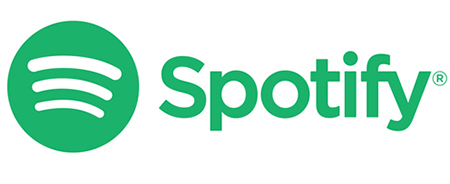WISE Women’s Business Center Awarded Grant From Empire State Development, Celebrates Entrepreneur of the Year Award
The WISE Women’s Business Center, in collaboration with the Whitman School of Management, announced the renewal of WISE as an Entrepreneurial Assistance Center (EAC) through the Empire State Development EAC program. This award ensures WISE’s continued designation as one of…



 Benedik considers Spotify a technology company at heart. “Two things separate us from the competition,” he says. “First of all, we’re an on-demand service. I think we have struck a chord with Millennials because they enjoy building their own playlists. Secondly, half of our employees are engineers and developers. We carry the burden of innovation because our users constantly want new products and solutions.”
Benedik considers Spotify a technology company at heart. “Two things separate us from the competition,” he says. “First of all, we’re an on-demand service. I think we have struck a chord with Millennials because they enjoy building their own playlists. Secondly, half of our employees are engineers and developers. We carry the burden of innovation because our users constantly want new products and solutions.” Case in point: His team recently got behind Katy Perry’s “Witness,” which dropped the same day that her so-called rival, Taylor Swift, rejoined Spotify. “Katy’s team proactively partnered with us ahead of the ‘Witness’ release date, and we co-promoted her new album in creative ways. That collaboration contributed to a big debut for her, and all parties were thrilled,” he adds.
Case in point: His team recently got behind Katy Perry’s “Witness,” which dropped the same day that her so-called rival, Taylor Swift, rejoined Spotify. “Katy’s team proactively partnered with us ahead of the ‘Witness’ release date, and we co-promoted her new album in creative ways. That collaboration contributed to a big debut for her, and all parties were thrilled,” he adds.